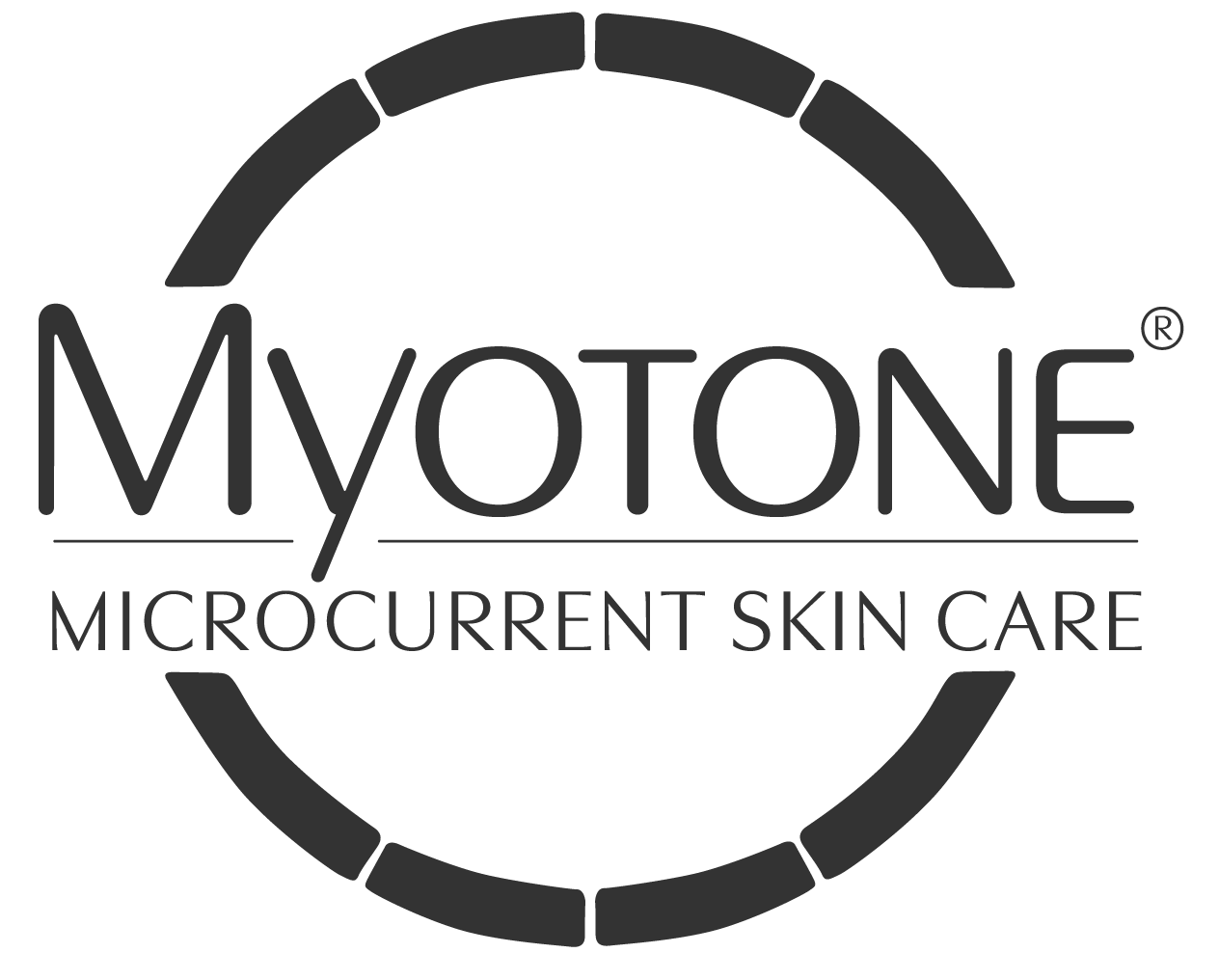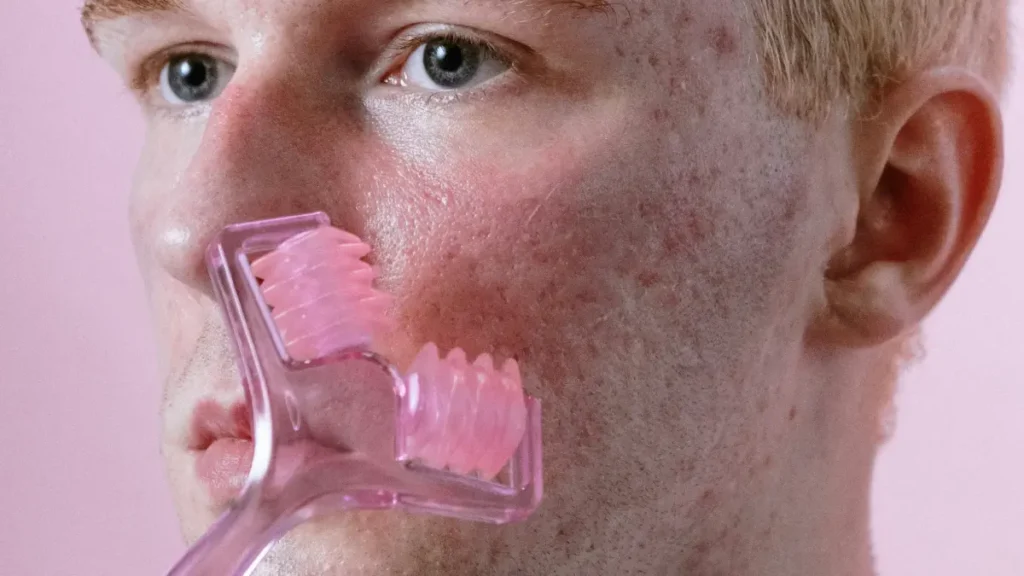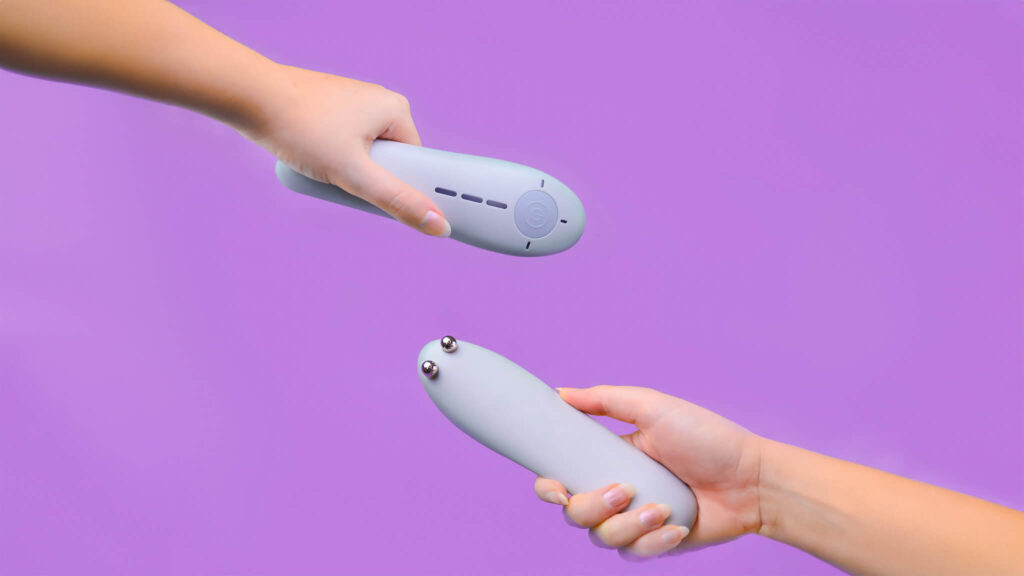We often think of skincare in terms of cleansers, moisturizers, and serums, but there’s another essential part of the equation that’s often overlooked: your mental health. Just like your body, your skin responds to what’s happening inside your mind, and when stress, anxiety, or even depression take hold, your skin often sends out signals that something is off balance.
Let’s explore how your mental health can impact your skin, and more importantly, what you can do to nurture both your mind and complexion.
1. Stress and Skin Breakouts
Ever notice that you’re more prone to breakouts when you’re stressed out? That’s because stress triggers your body’s “fight or flight” response, increasing the production of cortisol, a hormone that leads to increased oil production. Oily skin is more likely to clog your pores, which can result in acne or worsen existing breakouts.
But stress doesn’t just lead to pimples. It can also cause other conditions like eczema, rosacea, and psoriasis to flare up, leaving your skin red, itchy, and irritated. This cycle can be frustrating and emotionally taxing, but recognizing stress as a trigger is the first step toward breaking the loop.
2. Anxiety and Premature Aging
Chronic anxiety can also accelerate the aging process. When your body is in a constant state of tension, it leads to the breakdown of collagen and elastin—those essential proteins that keep your skin smooth, firm, and youthful. Anxiety also restricts blood flow to the skin, which means fewer nutrients and less oxygen are reaching your face. Over time, this can lead to dullness, fine lines, and a loss of that coveted healthy glow.
3. Depression and Skin Dehydration
When depression takes over, it’s common for self-care routines to fall to the wayside, and your skin can suffer as a result. Dehydration is a common symptom of depression, as both your water intake and overall energy levels decrease. This lack of hydration can leave your skin dry, flaky, and more prone to irritation.
Depression can also weaken your skin’s barrier function, making it harder for your skin to protect itself from external aggressors like pollution and harsh weather. The result? Increased sensitivity, dullness, and an overall compromised complexion.
4. The Impact of Poor Sleep
When we’re stressed or anxious, sleep is often one of the first things to be affected. And we all know the visible signs of a bad night’s sleep—dark circles, puffiness, and a lackluster complexion. But it goes deeper than that. Sleep is the time when your body repairs itself, producing collagen and healing damage. When you’re not getting enough rest, this crucial regeneration process is disrupted, leading to premature aging and skin that looks tired and depleted.
5. Mindfulness and Skincare
The good news? Just as your mental health can affect your skin, taking care of your skin can positively impact your mental health. Establishing a skincare routine can act as a form of mindfulness, a way to slow down and care for yourself in the moment. Taking a few minutes in the morning or at night to apply your favorite serums, or using a tool like the Myotone microcurrent device, can help calm your mind while also giving your skin the attention it needs.
Microcurrent therapy, in particular, is a great way to combine skincare with self-care. The gentle electrical currents not only tone and lift your facial muscles but also promote relaxation and stress relief. It’s a soothing ritual that lets you take control of both your skin and your stress levels.
6. How to Reconnect with Your Skin and Mind
So how do you balance your mental health and skincare to support both?
- Practice mindfulness: Incorporate mindfulness techniques into your daily skincare routine. Whether it’s deep breathing or just focusing on how each product feels, it can help reduce stress.
- Stay hydrated: Hydration is essential for both your mind and skin. Drink plenty of water throughout the day to keep your skin supple and your mind clear.
- Get your beauty sleep: Prioritize sleep and create a calming pre-bedtime routine, like using a lavender-scented facial mist or a cooling eye mask.
- Use microcurrent therapy: Myotone’s gentle, at-home microcurrent treatment not only lifts and tones but can help relax tense facial muscles—perfect for stress relief.
- Take breaks from social media: Sometimes scrolling can increase feelings of anxiety or stress. Give yourself a break from comparing your skin to others online, and focus on your personal journey.
Conclusion
It’s clear that mental health and skincare are deeply intertwined. The way we feel inside reflects on the outside, and taking care of one can help improve the other. So the next time your skin is acting up, take a step back and check in with yourself. Could your mental health be playing a role?
Nurture your mind, and your skin will follow suit.

This article is brought to you by

Learn More ⭢



